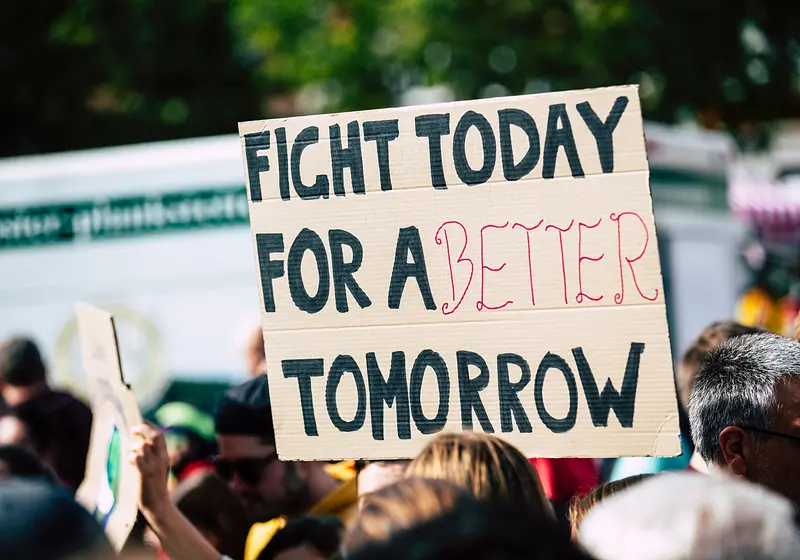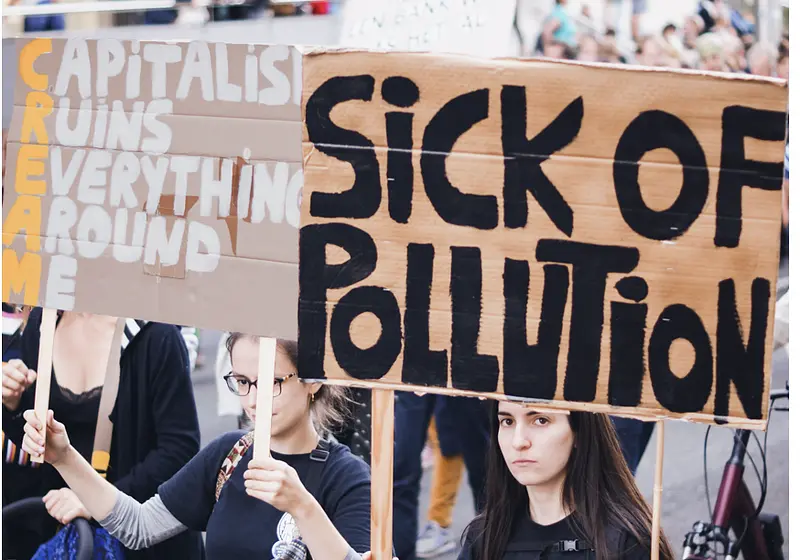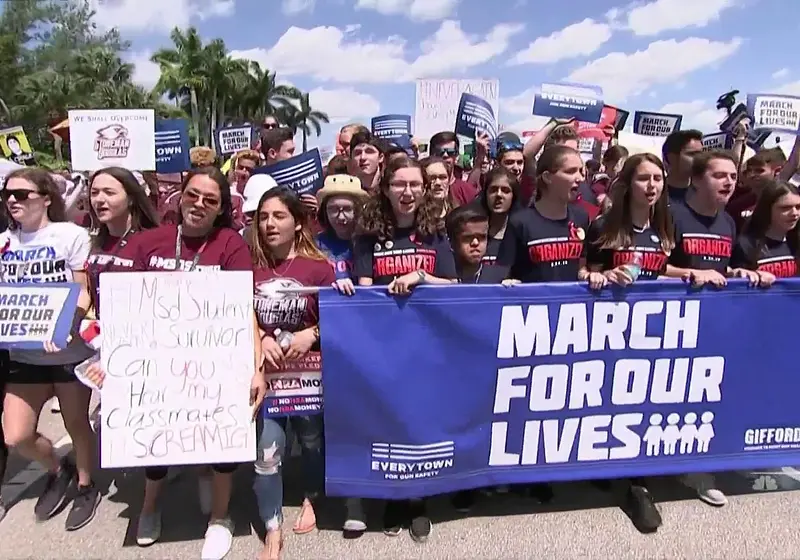Student interest in activism and advocacy is at an all-time high, with movements such as Black Lives Matter and Me Too receiving significant support across school campuses. Closely aligned with the drive to create change, students' interest in public administration, advocacy, and social service has also risen. Students want to create stronger and more equitable, local, national, and even global communities; they desire to 'build back better’.
However, students have reported feeling incapable of fueling change in the world; they often see their age as an impediment, especially since they aren’t even of age to vote yet! In this guide, I highlight a few ways that students can get involved in their community’s advocacy and carry out policy efforts to have a lasting impact.
Engaging in community service will help provide students with the opportunity to become active members of their community; also, volunteerism has been known to enable students to acquire life skills and knowledge, as well as provide a service to those who need it most.
Let us slide into your dms 🥰
Get notified of top trending articles like this one every week! (we won't spam you)Tips
1. Keep yourself informed!
First and most important – keep yourself informed! Make sure you read the paper often, watch the news, and keep up to date with current events. The first step to being involved in the solution is to know what problems the world is facing.
Find a few stories and topics that interest you and continue researching about them in depth to develop a broader understanding of the topics and their applicability in the real world. The New York Times, Twitter, NPR and CNN are some of my personal favorite sites to keep up with the news! Additionally, students should also ensure that they explore a variety of news sources and styles, to immerse themselves with multiple perspectives.
2. Local Impacts
The best way to get started with advocacy and policy is to start locally through community organizations and rallies. Volunteer at your favorite organizations and try making connections with those around you by doing good in your community. These small acts are a great way to give back and also learn more about your local setting; also, they can help you meet like-minded individuals and explore other opportunities to get involved on a larger scale. Some options could be your school's Best Buddies of Key Club, or your local American Red Cross and Habitat for Humanity branch. Above all, ask yourself some guiding questions before you decide upon where you want to volunteer your time:
1) Am I excited about this volunteer opportunity?
2) Do my personal beliefs align with the organization I am volunteering with?
3) Do I feel motivated to commit to this volunteer position?
3. Explore your interests and further your passions
Know your passions and your interests. The best way to make an impact is to prioritize issues important to you. Once you're interested, volunteering and making a difference come naturally. All humans desire purpose -- we all want to feel like we’re part of something bigger than ourselves; that our work matters and makes a difference.
The best way to find your passion is to ask yourself what activities you find meaning in. You can also consider talking to other adults in your life. In fact, the Search Institute has documented the power of adult role models in the lives of students. They show that a majority of people who found their purpose in life had at least three "spark coaches", or people who inspired them.
4. Balance and Education
As students, our top priority is developing the skills that will help us make an impact in the world. Make sure you balance your commitment to advocacy and volunteer work with engaging yourself academically and enriching yourself through critical thinking. Take classes in a variety of subjects and work on understanding issues deeply.
Take the Quiz: Which Dorm Room Aesthetic Fits You the Best?
Are you a Coastal Girl or Earthy Boho Guy? Play to find out!
Last Words
Community involvement and service can help you explore your interests, build character, and can also show colleges and universities your commitment towards a cause! These activities can help you learn more about the real world and also give you some practical training. And, remember, that there is no one 'type' of person that can get involved with advocacy activities.
The nature of public service will always require human skills, such as empathy, teamwork, and negotiation. This work is a calling for crazily idealistic optimists who know they can make the world a better place.
P.S: My favorite resource for social justice related activities is DoSomething.org; the organization employs volunteer work, community service, and social action campaigns, to tackle issues from poverty to violence to education to the environment. Explore some of their campaigns for some actionable volunteer opportunities!


















